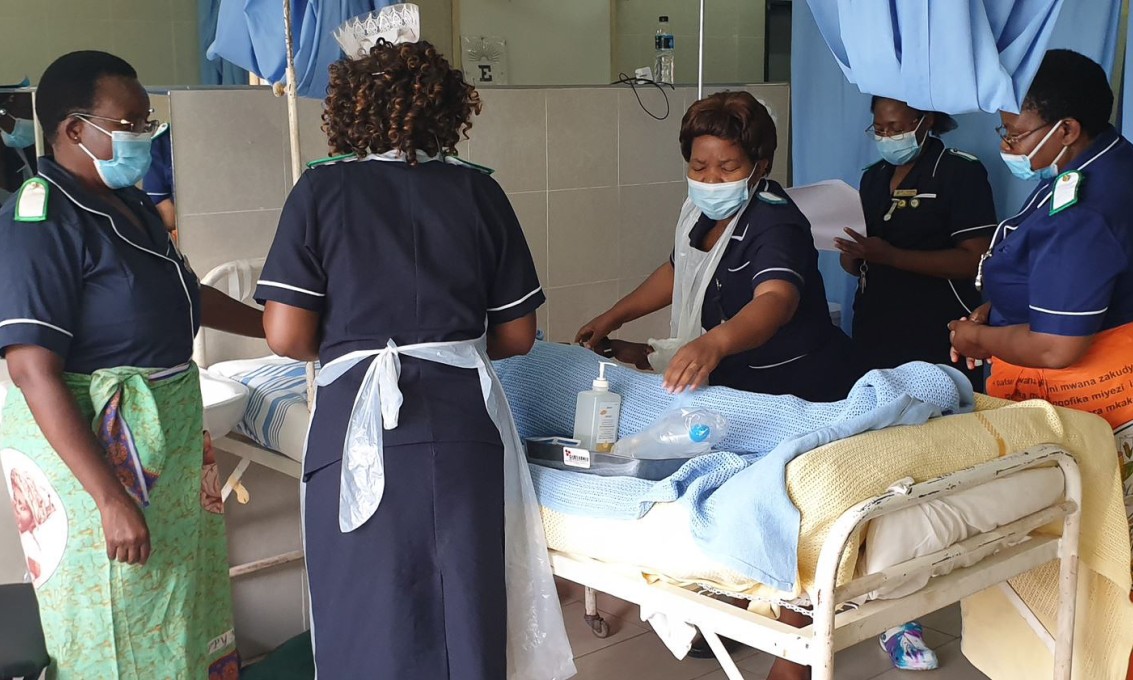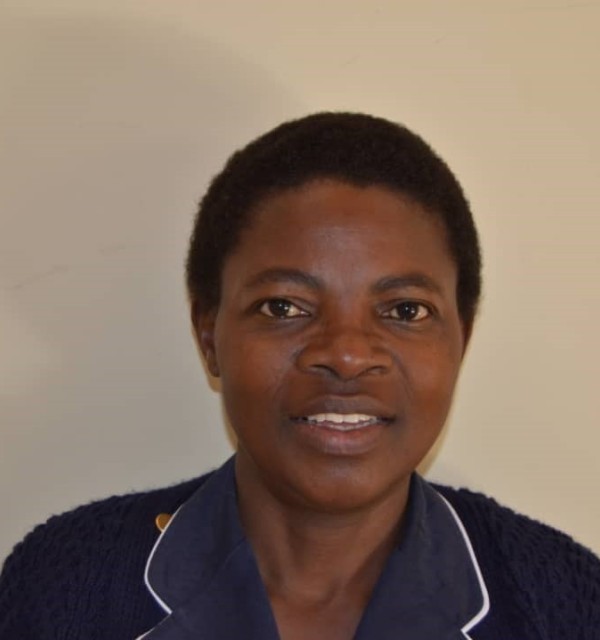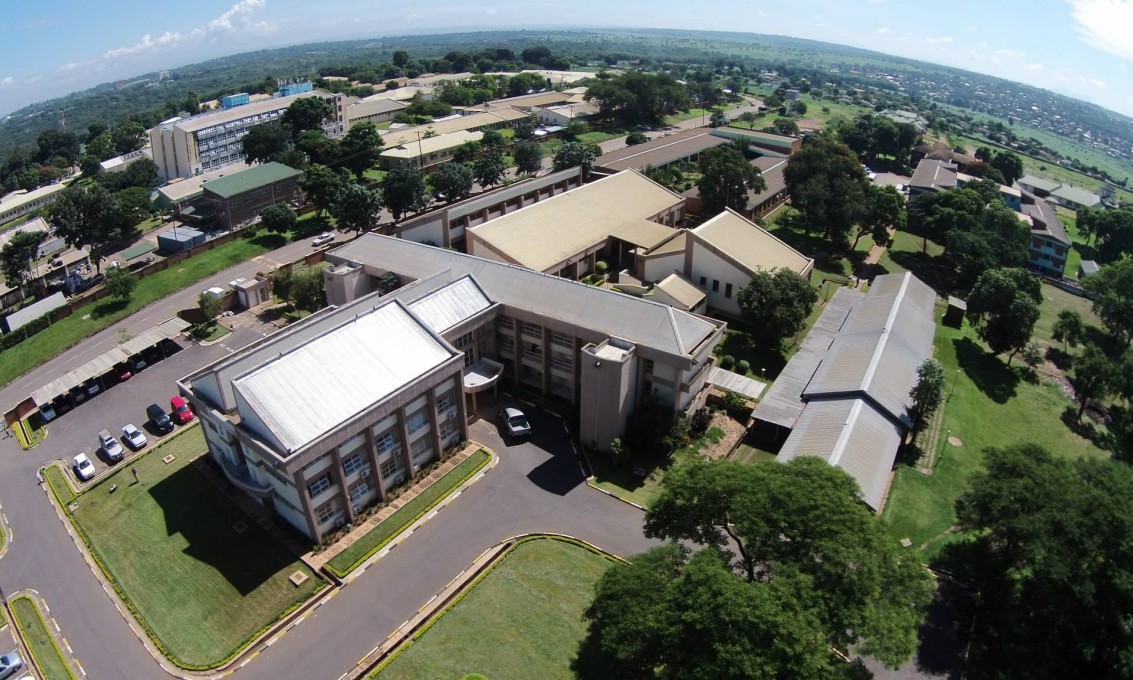The project aims to strengthen the capacity and quality of nursing and midwifery education at partner universities in Malawi and Tanzania.
Kamuzu University of Health Sciences (KUHeS) in Malawi, Kilimanjaro Christian Medical University College in Tanzania and University of Stavanger (UiS)
Simulation-based training is increasingly being used to improve or complement traditional teaching and practice training to better prepare students for clinical challenges. However, the use of such teaching methods is not widespread among health educations in sub-Saharan Africa.
Nursing and midwifery education program curricula in Sub-Saharan African countries are reported to be static and rigid with traditional ways of delivering knowledge and skills. The need to transform traditional teaching methods in Sub-Saharan African higher education institutions is essential to educate competent graduates meeting the demands of the local and global community.
To solve identified knowledge gaps in nursing and midwifery education in Malawi and Tanzania, capacity building in simulation-based education in the universities and the clinical field will be a key component.
The overall aim of the project is to implement simulation-based education to strengthen the capacity and quality of nursing and midwifery education in Malawi and Tanzania.
The researchers will also develop a system to ensure sustainable capacity for simulation-based education and research in Malawi and Tanzania and strengthen regional and international cooperation. The project will offer scholarships to four doctoral students and six master's students in Malawi and Tanzania, who in turn can pass on knowledge to teachers in nursing and midwifery education in the two countries.









